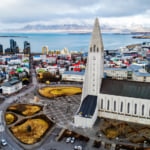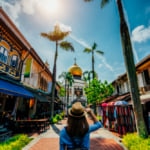Please note: Information in this article may become outdated or subject to change. Always confirm the latest details via official sources.
Official site: http://www.anzen.mofa.go.jp/info/pcinfectionspothazardinfo_282.html#ad-image-0
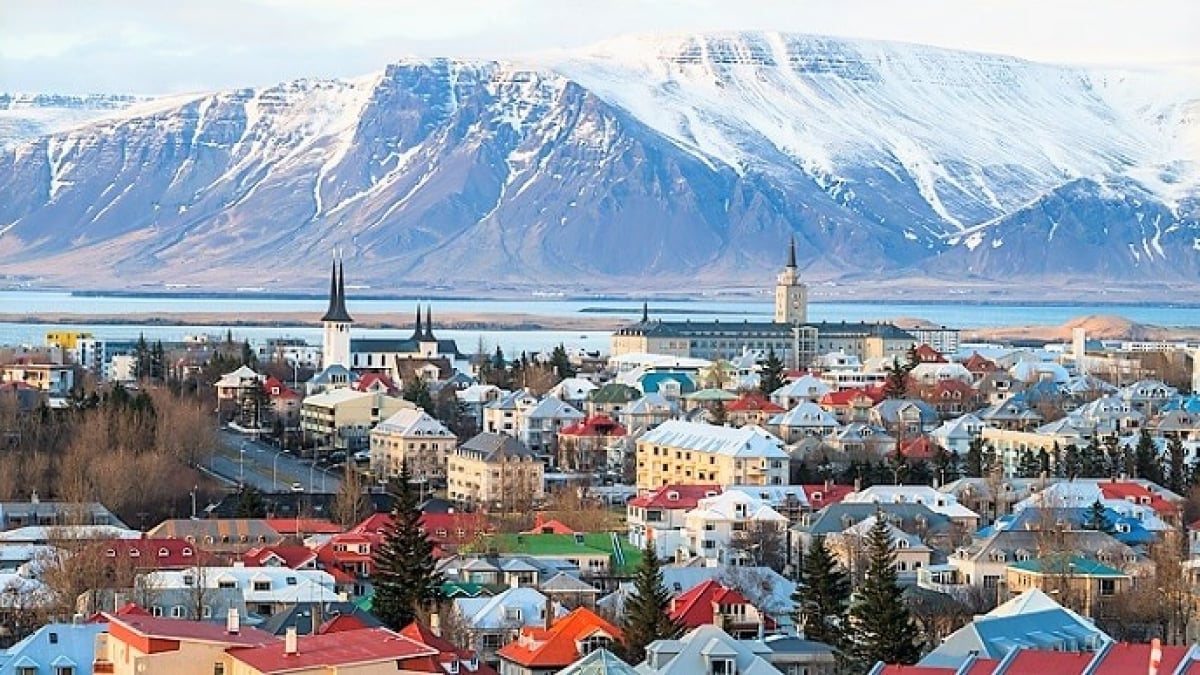
Safety in Iceland: A Very Safe Country, but One of Personal Judgment and Responsibility
Iceland is well-known for being one of the safest countries in the world. It consistently ranks at the top of global peace indexes. But what does it mean for a country to be “safe”? Factors such as nuclear armament, presence of civil wars, international relations, crime rates, and citizen satisfaction are all considered. While travelers can generally rest easy about such risks in Iceland, there are still things they should be mindful of. In this article, we’ll introduce the level of personal awareness and safety consciousness needed when visiting Iceland.
table of contents
[x] close
Safety in Iceland: A Very Safe Country, but One of Personal Judgment and Responsibility
1. Travel into Vast Nature with a Group
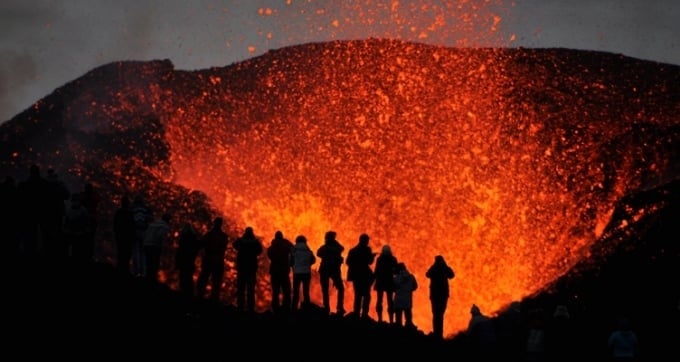
Iceland is renowned for its safety and low population density, and its vast, untouched nature is one of its biggest attractions. Popular destinations like Gullfoss Waterfall and Jökulsárlón Glacier Lagoon offer unforgettable experiences.
However, precisely because these areas are remote, getting lost or injured may mean waiting a long time for help to arrive. Iceland is cold year-round, so dress appropriately, and avoid venturing into nature alone. If you do, make sure you have a way to communicate in case of an emergency. Taking a group approach and planning ahead is key for safety.
2. Be Careful with Strong Alcohol – Drink Moderately, with Trustworthy People and at Safe Venues
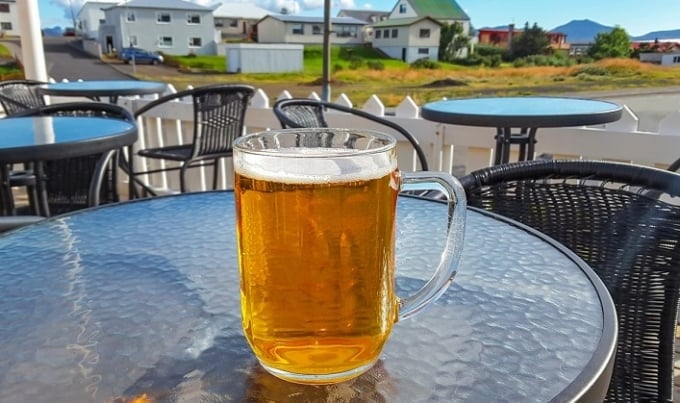
Parties, especially on weekends, are common in Iceland, and many young people are known to celebrate wildly. Wherever you travel, alcohol requires caution—but in Iceland, it’s especially important to be aware of how strong the drinks can be.
Icelandic alcohol, including traditional liquors, often has an alcohol content of around 40%. You might find yourself drunk before you even realize it. Don’t try to keep up with the fast drinking pace of the locals. Also, make sure the venue isn’t tied to drug use, and always go out with trustworthy companions.
3. Stay Alert in Crowded Places
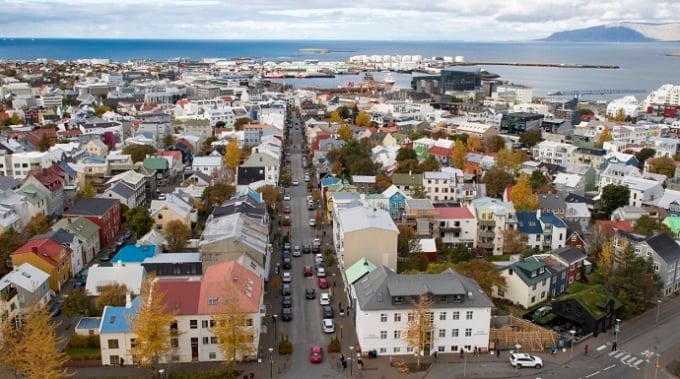
Although Iceland is safe—even for solo female travelers—that doesn’t mean you can drop your guard completely. In general, you won’t need to worry much about pickpockets, scams, or aggressive street vendors. But still, lost wallets or phones may not always be returned, so watch your belongings closely.
While Icelandic citizens are generally well-educated and level-headed, international crowds gather in places like airports and tourist hotspots, so remain cautious in such environments.
4. Don’t Assume Everything Is Obvious – Be Aware of Cultural Differences
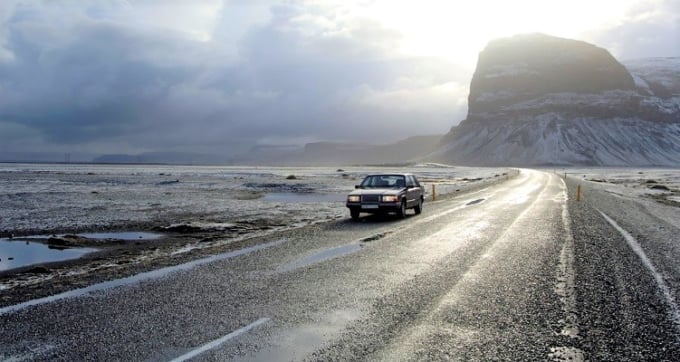
Slippery surfaces due to cold weather might not have warning signs, and cliff edges or dangerous spots often lack barriers or notices.
If you travel with the mindset of “if it's dangerous, there must be a warning,” you may be putting yourself at risk. When visiting Iceland’s dramatic waterfalls or glaciers, take extra care—even if there are no signs telling you to do so.
5. Everything Is Your Own Responsibility
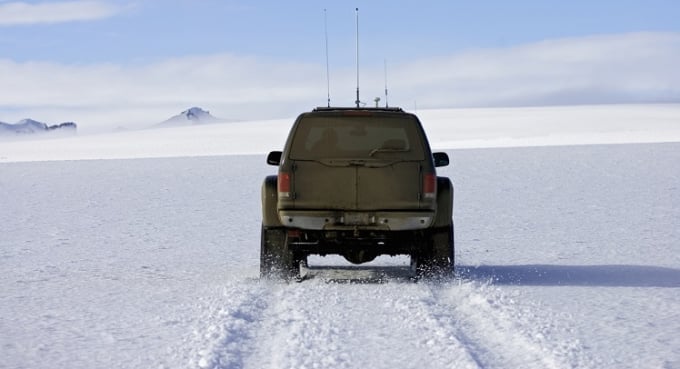
From a cultural standpoint, Iceland emphasizes self-reliance. While places importance on anticipating and preventing trouble for others, Icelanders are taught from a young age that personal judgment and responsibility are essential.
This mindset underpins the country’s safety culture. For example, when renting a car, it’s your responsibility—not the rental staff’s—to check for damage before driving. If there are new scratches when you return the car, you will be charged, even if you didn’t notice them beforehand. You can’t rely on others to look out for you. Understanding and embracing this difference in values will help you navigate Iceland more safely.
◎ Summary
Iceland is indeed a very safe country, making it a comfortable place for travel. When renting a car—one of the most common ways to explore Iceland—it’s especially important to be prepared, as contracts are in English and safety is your own responsibility.
When traveling abroad, it's normal to encounter differences in values and systems. Embrace the adventure, stay aware, and enjoy a safe and unforgettable journey.
RELATED ARTICLES
REGIONS
CATEGORIES
FEATURED ON Guide
-

Where will you go for the summer vacation? Introducing recommended spots for domestic travel
-

Kaizu City’s Recommended 7 Tourist Spots. Enjoy the Culture and History Nurtured by Wajū!
-

What Makes Ashikaga Flower Park So Special? A Treasure Trove of Photo-Worthy Spots!
-
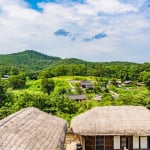
600 Years of Radiant Tradition: Korea’s Historic Villages of Hahoe and Yangdong
-

Two-Colored Seas and a Pink Beach! 4 Must-Visit Spots in North Eleuthera
MOST POPULAR ON Guide
-
 1
1Doha: Must-see Attractions in the Capital of Qatar
-
 2
2Toronto: 10 Things to do in this Picturesque Canadian City
-
 3
3Amarillo: A City Famous for It’s Amazing Canyons, Great History and Music
-
 4
4South Korea: Dazzling Scenery, Rich Culture and Fascinating History
-
 5
5Kuwait: A Country in Middle East Asia Famous for Hot Sand Dunes and Stunning Cityscape


